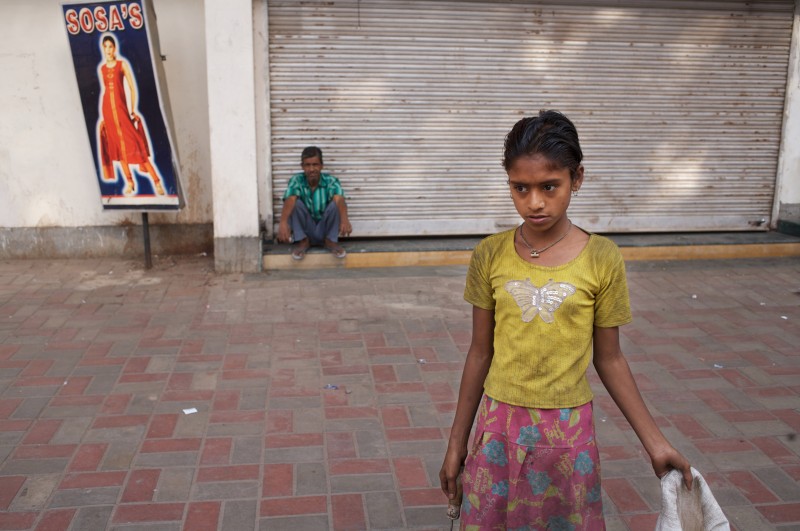A Bombay world

When I visited my hometown of Bombay, India, last month, I found myself trapped in complex moral dilemmas, even as I went through the motions of everyday life. There, the urban poor live smashed up against a growing affluent class. Despair, hunger, and homelessness rest uneasily side-by-side with designer boutiques and Western-inspired malls.
I remember tightly clutching my ice cream cone on a crowded commuter train, the sticky cream melting down my wrist in the midday heat. But how could I eat it when a little boy stared at me, wide-eyed, hungry, and begging for spare change?
Back home in Boston, I attended a reading last week by the author Peter Singer. Singer, the renowned and prolific Princeton bioethicist, has championed animal rights and written passionately about the ethics of giving. His new book, The Life You Can Save: Acting Now to End World Poverty, posits the moral argument that each one of us has the power to make a difference in the fight against poverty.
From my years in the publishing world, I know that book readings rarely draw a crowd, so I was surprised to see the “sold out” sign on the door. Ticket in hand, I joined a crowd of old hippies, academics, and aspiring intellectuals crammed in to a tiny Cambridge theater.
As he spoke, Singer used the metaphor of walking by a pond where a young child is drowning. Would you jump in and save the child, disregarding the fact that your expensive shoes might be ruined? It goes without saying that you would make the right choice, since a child’s life is of inherent value. Then why is it that we stand by while 27,000 children die every day of preventable, poverty-related diseases?
According to Singer, it is possible to live an ethical life in a Bombay world–one that contains both great wealth and stark emptiness. In order to set the balance right, he said, we need to instill a new culture of giving. People in the developed world must pledge to donate a percentage of their income to organizations committed to alleviating deep poverty.
As the theater filled with applause, I thought about the choices we face in these bleak economic times. Not all of us have a lot to spare, so our instinct is to hold on tightly to the things we have. But if we are hurting now, I realized, poor people are hurting even more, so the need to give is even more acute.
Given that idea–and the reality I saw in Bombay–Singer’s words sound like a timely call to action.